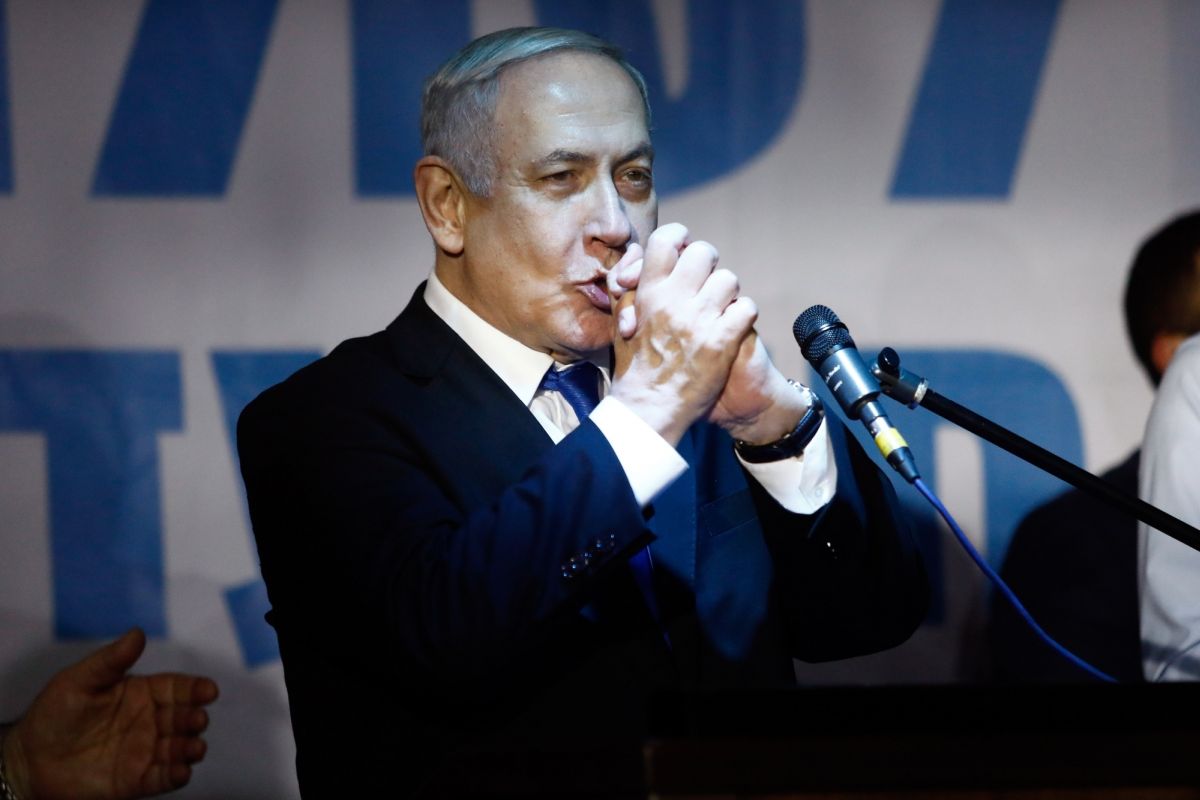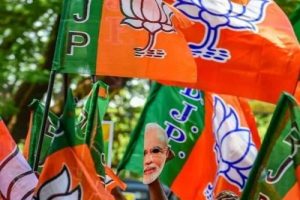Israel is not the first country to confront the debate on separation of powers between the executive, the legislature and the judiciary, nor will it be the last. But as protests engulf the country in the wake of a decision by its parliament to go ahead with reforms aimed at circumscribing the powers of courts, it is clear that the government of Prime Minister Benjamin Netanyahu will have to come up with a convincing narrative to push through the measures. At the moment, though, many Israelis seem unprepared to listen, and thousands this week blockaded the country’s main airport as well as major highways to register their opposition to the legislative measure. Flag-waving demonstrators blocked traffic at major intersections, lay down on roads and threw flares, even as many surrounded the Ben Gurion airport outside Tel Aviv. These protests came after a new Bill won the first of three votes required in Parliament to become law. It aims to curb the powers of the country’s Supreme Court to nullify decisions of the government that are deemed unreasonable. Mr. Netanyahu’s right-wing coalition argues that the Court, under the influence of the political Left, has played an interventionist role and must be curbed in order to ensure effective governance.
Critics, on the other hand, argue that oversight by the top court helps prevent corruption and abuse of power. More importantly, the tech and business establishments in the country say that any measure aimed at diluting the court’s powers will ultimately cause questions to be raised about the country’s democratic structures. When the legislative measure was first announced, it had led to widespread protests. In March, when the protests were backed by industrial action, the government had announced a truce and said it would talk to opponents of the measure in a bid to convince them. In June, two major Opposition parties announced they were pulling out of talks. The move to bring the Bill back on the legislative agenda this month, after Mr. Netanyahu announced that he had dropped one key provision that gave politicians greater say in the selection of judges, has provoked fresh waves of protest. It is clear that Israel is sharply divided over the measures, with opponents terming them as “extremist”. Israel’s international allies have asked Mr. Netanyahu to come to broad agreements with opponents of the proposals, and the United States has urged him to ensure that the Supreme Court’s independence is preserved. Others have pointed to a potential conflict of interest arising out of Mr. Netanyahu’s own corruption trial over charges of fraud and breach of trust. While many hope that the final legislation, if it is approved, is a watered down version of the original, they also admit the possibility of such a conclusion is remote given Mr. Netanyahu’s apparent determination. Israel will continue to be rocked by protests until one side blinks.













